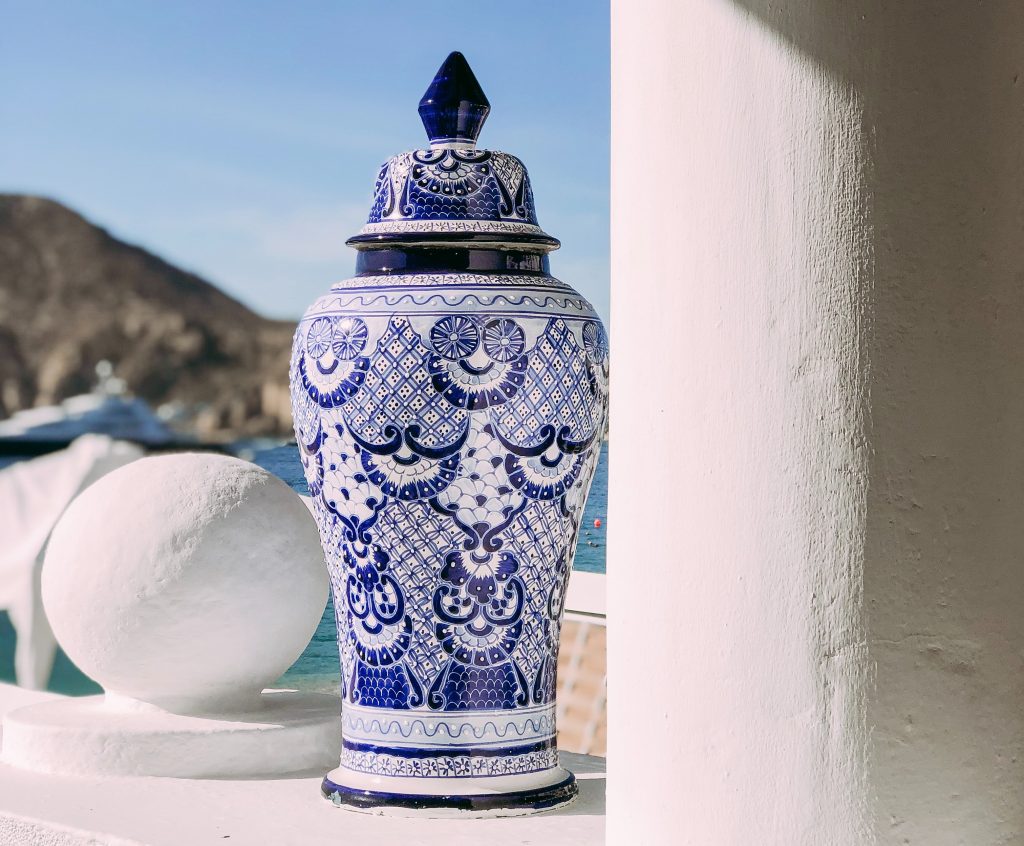The Cremation Act defines cremation as;
“the technical process which reduces human remains to cremated remains, including the pulverization of such remains”.
The operator who offers the service of cremation shall ensure that the human being is treated with dignity throughout the whole process. Moreover, this Act should not disrupt any ceremony or practice of any person’s belief, creed, or religion.
The legal process for cremation
A person can register for cremation, if the said person has attained the age of 16 years, has done so voluntarily, out of his own free will and has adequate information on the meaning and consequences of registration under this law. The registration is then inputted in the ‘National Cremation Register’ with the details of such persons who want to be cremated and their desires in relation to the retention or disposal of their cremated remains. In addition, in this registry there should also be included the details of persons, who expressly declared that they do not wish to be cremated following their death. The wishes of such persons can only be accessed following their death, in order to determine what their intention was in relation to cremation. In case a person has registered his intention but wants to withdraw it, he can still do so by applying for de-registration with the Superintendent who is in charge of such register.
Where no preference is registered in the ‘National Cremation Register’, the choice between cremation or burial of that deceased person shall fall upon:
(a) the spouse, civil union partner, or cohabitant of the deceased person; or in their absence:
(i) a parent or child of the deceased person, or in their absence;
(ii) any other relative residing with the deceased, or in their absence;
(iii) the Superintendent; or
(b) in the case of a stillborn child, the parents of that stillborn child, or in their absence, the Superintendent; or
(c) the tutor or legal guardian of the deceased person who was subject to tutorship or guardianship, or in their absence, the Superintendent.
In such cases, the application shall be submitted, with a medical certificate giving the cause of death of the deceased issued by a medical doctor, or in the case of a stillborn a medical certificate certifying that the child was stillborn issued by a medical doctor or registered midwife.
The Operator of the Crematoria
Any crematoria opened in Malta needs to have a license issued by the Superintendent, according to the guidelines it has published. This license needs to be put in a prominent place, which can be easily seen by customers. The crematorium needs to have; a mortuary, a viewing room, the adequate facilities to remove foreign matter prior to cremation a cremation chamber; and space where cremated remains may be stored.
Every crematorium shall keep and maintain a register which in the Act is known as the ‘Register of Cremations’. In this register, there should be listed all cremations carried out by the operator, including the name and identification number of the person cremated, the date on which the death occurred and the name and identification number of the applicant.
After the Cremation
Following the completion of the cremation process, the cremated remains shall be placed in a temporary container or urn, which has to be sealed and given to the applicant with a Cremation Certificate. Cremated remains may be retained in an urn, whereby the law regulates that these can be kept in any private residence, displayed in any building, with the written permission of the owner of such private residence, buried in a grave, buried at sea, except for recognised bathing areas or harbours; or placed in a columbarium.
Where the applicant declares that he does not want to be given the cremated remains, or where such cremated remains are not collected within six months from when the cremation took place, the operator shall place such cremated remains in an urn, which shall be adequately labelled and stored in that part of the crematorium reserved for the storage of cremated remains.
This shall not be construed to be as advice but shall merely serve as a brief description of cremation. If you would like to get to know more about this, please do not hesitate to contact us on [email protected].

